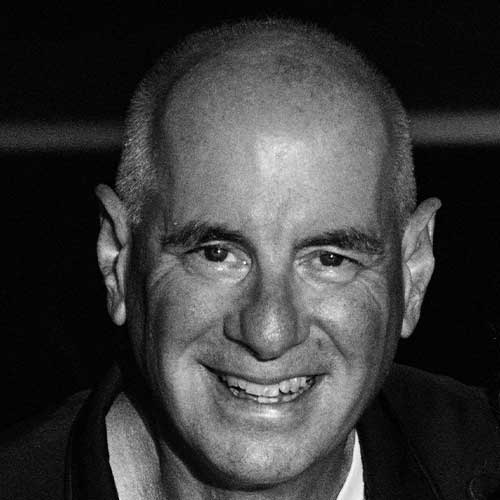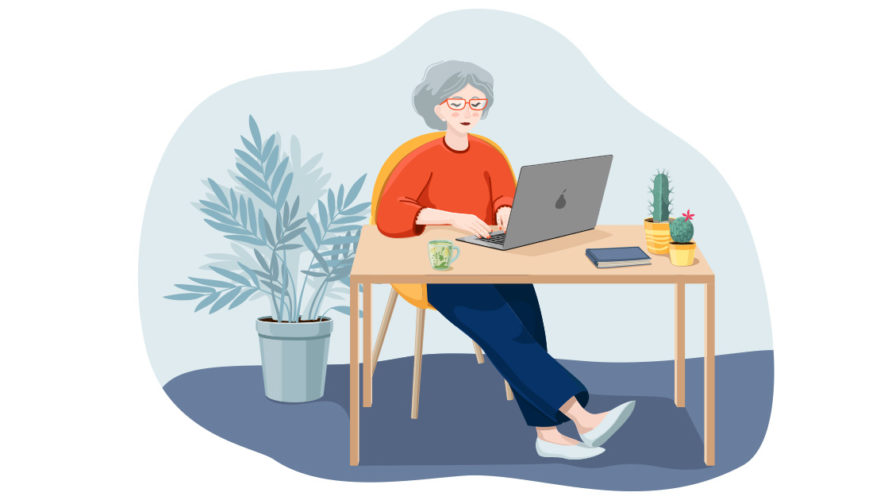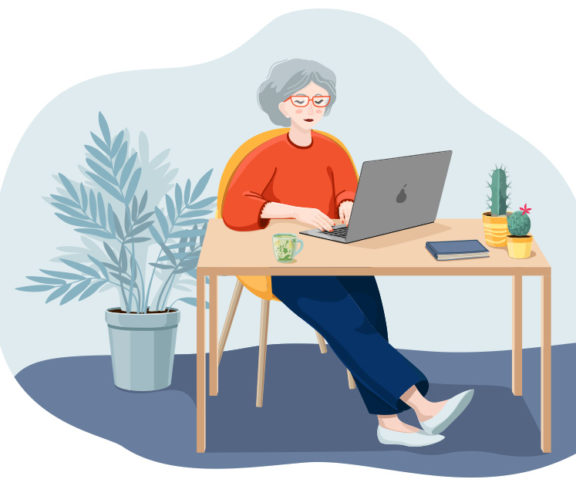Legal and financial thought leader Alan S. Gutterman offered his thoughts on why corporate America and society at large should be working to combat ageism.

Alan S. Gutterman, Ph.D., J.D., D.B.A., M.B.A.
Founding Director, Older Person’s Rights Project
“Opening doors for older people willing and able to participate in the workplace does not close doors for younger workers; it creates a bigger pie for everyone.”
Could you give us a quick background on ageism and why you started the Older Persons’ Rights Project?
My interest in this topic actually flows from two things. First, quite honestly, I’m getting older, and as I’ve aged, I have experienced ageist comments and attitudes in various contexts. I don’t much care for that, and my instinct is to push back. Not because I’m in denial about getting older, but because I don’t like to be treated without respect or have my rights jeopardized.
Second, I have been doing a lot of writing relating to human rights, and I discovered that there were important issues relating to the human rights of older persons that need to be addressed since increased longevity is a permanent feature of our society now.
I originally called my project the “Ageism Project,” but after learning a good deal about ageism, I thought it was more important to focus on proactively advocating for the civil and human rights of older persons in a world in which ageism exists and will be difficult to eradicate in the near future.
What are some ways to create more age-diverse communities and workplaces?
I’m still searching for all of the best strategies; however, several themes continuously emerge for combatting structural ageism: changes in laws and policies; education, particularly addressing false stereotyping of older persons and their abilities; and intergenerational contact and collaboration, since each generation needs to understand others and how they are more alike than different.
How can age-diversity help us in our businesses?
The benefits of an age-diverse workplace have been covered extensively and have been rigorously tested and verified. I believe it is most important to emphasize that collaboration in groups that are constituted with diversity in mind — not just age but other factors as well — leads to better products, services, and organizational cultures. Opening doors for older people willing and able to participate in the workplace does not close doors for younger workers; it creates a bigger pie for everyone.
What advice would you give to someone over 55?
First of all, the entry point for older age is contested, and there are many finding that “55” is really 35 or 40 in their lines of work. I think the best way for everyone to approach this is that older age is something that everyone, hopefully, will experience at some point, and that it is in everyone’s interest to work toward a society in which aging is accepted and embraced, and older people are not marginalized and ridiculed.
I have found some of the worst cases of ageism among older adults who are quick to tell others who are their age to “go play with their grandchildren.” I have no issue with playing with grandchildren and I enjoy doing that. But everyone should be free to pursue their own path regardless of age.
Age has become a popular topic in the political arena lately. Age should not be an issue in politics or anything else — capability should be the metric. But, since the issue has come up, it is long past due for all of us to have a national conversation about aging that is grounded in facts and not myths. That’s why I’m in this game.

